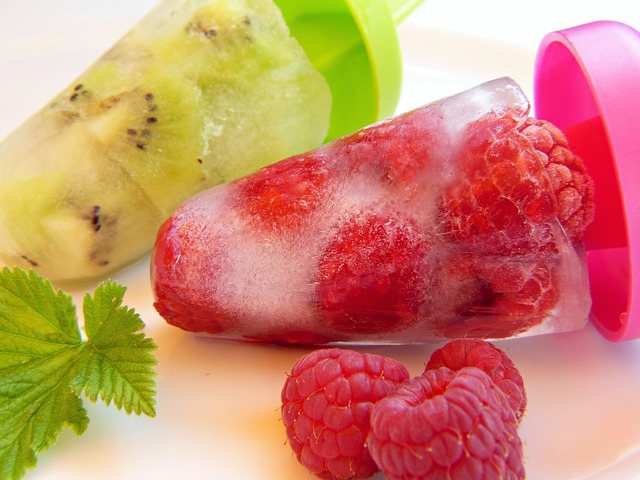Probiotics and Skin Health: Nurturing your Complexion from Within
In recent years, the importance of gut health on overall well-being has gained significant attention. But did you know that the health of your gut can also impact the condition of your skin? Studies have shown that incorporating probiotics into your diet can have a positive effect on skin health, leading to a clearer and more radiant complexion.
The Link between Gut Health and Skin
Research has revealed a strong connection between the gut and the skin, often referred to as the “gut-skin axis.” The gut microbiome, which consists of trillions of beneficial bacteria, plays a crucial role in maintaining a healthy immune system and preventing inflammation throughout the body, including the skin.
When the balance of bacteria in the gut is disrupted, it can lead to a condition called dysbiosis. Dysbiosis can trigger systemic inflammation, which manifests on the skin as various skin issues, such as acne, eczema, rosacea, or psoriasis.
By incorporating probiotics into your diet, you can help restore the balance of beneficial bacteria in your gut, reducing inflammation and improving overall skin health.
The Benefits of Probiotics for Skin
Probiotics offer numerous benefits for the skin, from reducing inflammation to enhancing the skin’s natural barrier function. Here are some of the ways that probiotics can nurture your complexion:
1. Calming Inflammation:
Probiotics have been found to have anti-inflammatory properties, helping to soothe and calm irritated skin. By reducing inflammation, probiotics can alleviate redness, swelling, and acne flare-ups.
2. Balancing Oil Production:
Imbalanced oil production is a common cause of acne. Probiotics can help regulate sebum production, preventing excessive oiliness or dryness and maintaining a more balanced complexion.
3. Supporting Skin Barrier Function:
The skin’s barrier function acts as a protective shield, preventing harmful substances from entering while retaining moisture. Probiotics have been shown to strengthen the skin barrier, improving its ability to retain moisture and protecting against environmental damage.
4. Promoting Collagen Production:
Collagen is a vital protein that provides structure to the skin. As we age, collagen production naturally declines, leading to sagging and wrinkles. Probiotics can help boost collagen production, promoting a more youthful appearance and reducing the signs of aging.
Incorporating Probiotics into Your Diet
If you’re ready to harness the benefits of probiotics for your skin, there are several ways you can incorporate them into your daily routine:
1. Probiotic-Rich Foods:
Include fermented foods in your diet, such as yogurt, kefir, sauerkraut, kimchi, and kombucha. These foods are natural sources of probiotics and can help replenish the beneficial bacteria in your gut.
2. Probiotic Supplements:
If you find it challenging to consume enough probiotic-rich foods, you can opt for a high-quality probiotic supplement. Look for a supplement that contains a variety of bacterial strains and high colony-forming units (CFUs) for optimal effectiveness.
3. Prebiotic Foods:
Prebiotics are dietary fibers that serve as food for the beneficial bacteria in your gut. Incorporate prebiotic-rich foods like onions, garlic, bananas, asparagus, and oats into your meals to support the growth of probiotics.
Conclusion
Probiotics have shown great potential in promoting skin health by improving the balance of bacteria in the gut and reducing inflammation. By incorporating probiotics into your diet, you can nurture your skin from within, enjoying a clearer, more radiant complexion. Remember to consult with a healthcare professional or dermatologist before making any significant changes to your diet or skincare routine.







